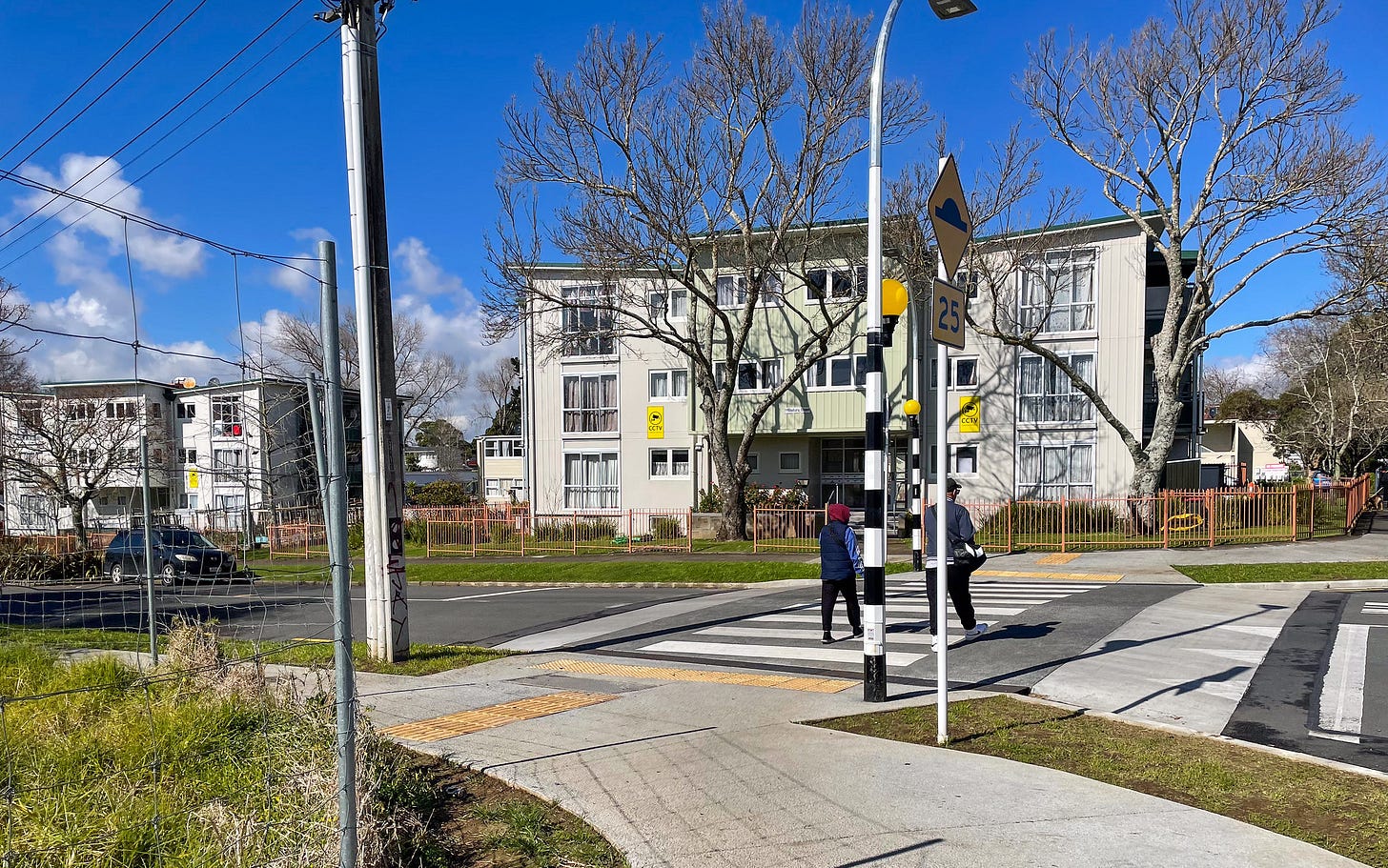My Sunday Pick ’n’ Mix for Sept 17
Some reflections on the week, a few curious bits and bobs to chew on and a couple of fun things, including a cartoon and video. Especially for paying subscribers. Thanks for your support.
TL;DR: Here’s a few things that I stumbled on over the week that made me stop and think, or just have a chuckle. Hope you enjoy them on a Sunday. They’re especially for paying subscribers, although if there’s plenty of support from paying subscribers, I can open it up for wider reading and sharing. Just hit like or commen…
Keep reading with a 7-day free trial
Subscribe to The Kākā by Bernard Hickey to keep reading this post and get 7 days of free access to the full post archives.


